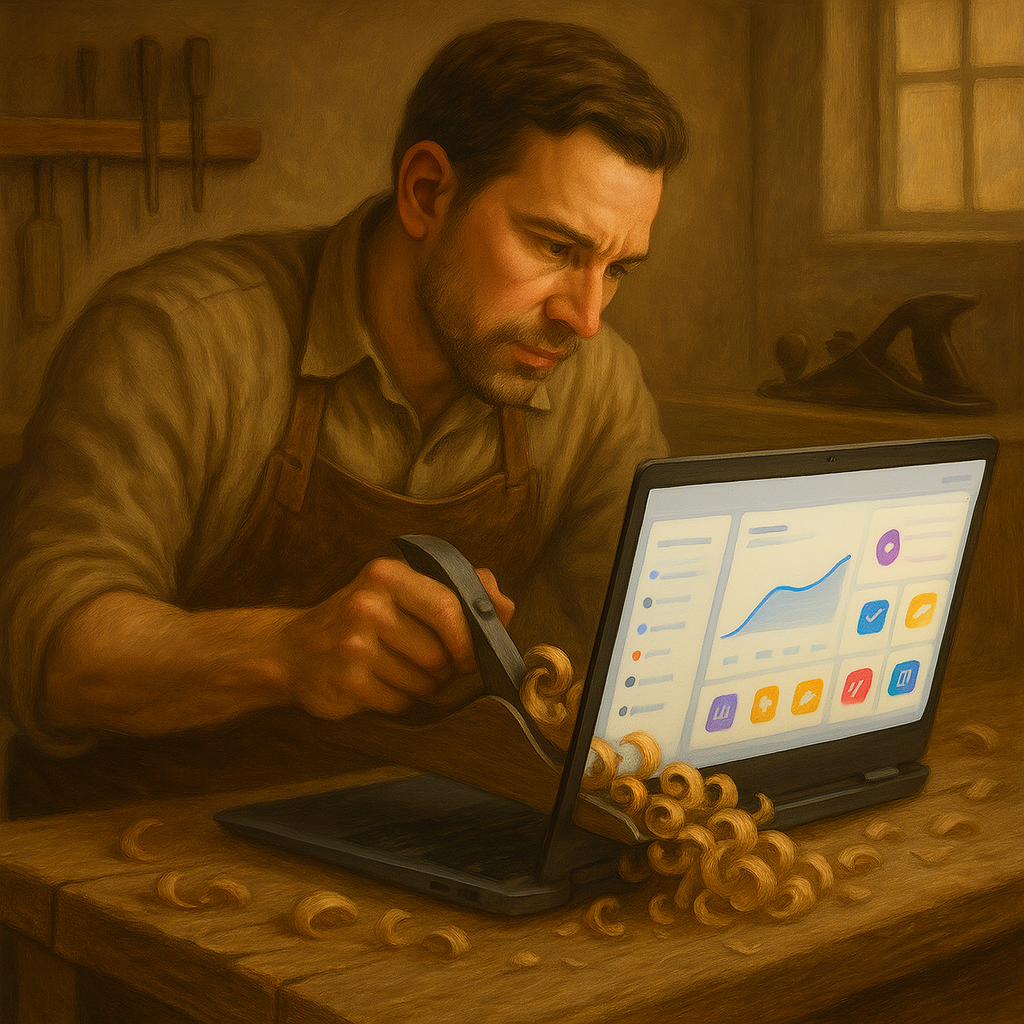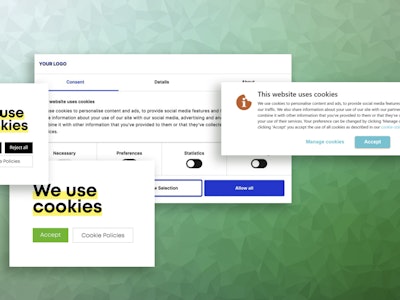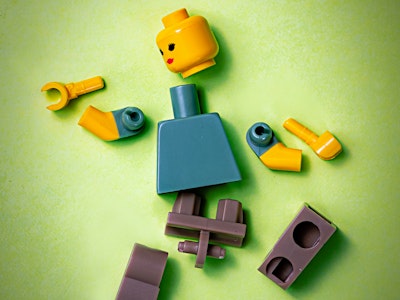It's now more than two years since ChatGPT was predicted to steal our Software Engineers' jobs, but somehow, this hasn't happened (yet). What has happened, however, is that AI tools have become an integral part of our daily work as Software Engineers.
But what I am really tired of are the so-called "AI revolutions" that have been happening weekly for two years now. Since 2023 we had at least 100 AI revolutions, and I am pretty tired at this point. I guess I suffer from "AI fatigue".
The good, the bad and the ugly
Let's start with the bad: AI has taken the spotlight, and many companies rushed to add some kind of AI feature to their products. A lot of these attempts failed miserably, and as Software Engineers, we are left with half-baked tools that make us less productive. I could name plenty of Google products that are now AI-powered, but they are not really useful, as IDE for developers, like JetBrains products, where AI feels like a force-pushed feature, rather than a useful tool.
The ugly part is unfortunately clear: the quality of AI-generated code is mediocre at best. Even the most expensive and recent models tend to generate a lot of useless or below-average code. The internet is full of people shouting, "Oh my god, look at how I built this awesome and beautiful SaaS in just one hour! We are doomed". But after two years, I still have to find a single project that went past the prototype stage using only AI tools.
The good is also fascinating: the few AI-tools we got in the last two years that are good, are impressively good. ChatGPT is an amazing AI companion to verify, confirm or test your theories. copilot can save you hours of work on tedious and simple programming tasks, and AI-First editors like cursor or Zed, give us completely new workflows to accomplish daily tasks. These are amazing tools that improved our way of working.

Looks convincing at first – but look closer: this is what code often becomes when it’s shaped without understanding. (Source: GPT-4o)
The Senior and the Junior
I've been working in this industry since earning my Bachelor's degree in 2006 – that makes almost 20 years now. I believe these useful, new tools won't change much for the growth of new talents. If possible, it will make it easier to discern good Software Engineers from the bad ones. A very good Software Engineer today is one that is able to use AI tools efficiently and discern the good from the ugly. Younger generations will be able to learn faster and go deeper into topics at an incredible speed, that was unimaginable until now: no more digging through StackOverflow to solve problems that already been solved thousands of times before: they have the tools to get the answer to their questions in seconds.
Being able to ask the right questions and to dive deeply into problems will allow them to grow faster into the profession – and make it easier for employers to identify strong candidates.
The AI employee
We recently did an experiment session with one of the so-called "AI employees". Among the others, we tried DevinAI, and the results were not really distant from what we expected. Very simple tasks could be accomplished in a very short time, at a probably lower cost than a human employee. But as soon as the task became simple (instead of very simple), the quality of what was generated was below the standards at Renuo, and what, I believe, should be a standard in the industry. More complex tasks were not even attempted, and the AI employee was unable to understand the context of the task.
The most telling insight came from a seemingly trivial case. We asked the AI to generate statistics from a database. It produced a valid SQL query – but the software already offered these statistics out of the box. A human team member, familiar with the system, would have known that – and would have informed the client accordingly, saving time and budget.
What still needs to be fined-tuned, somehow, is the ability of AI to understand the context of a task and to be able to challenge the requirements without being annoying. But isn't this exactly the growth path of a human employee?
The human employee
Nobody has a clue of how far we will be able to automate software development in the next 10 years, but since the need for software is basically limitless, I'd expect us, the Human Employees, to always be needed.
Required skills will change, of course. Seniority will remain relevant, and social skills will become even more important. Gathering requirements, challenging them based on experience, and communicating clearly and efficiently will continue to be essential.
Near and offshoring will be replaced by AI tools, since the direct communication and human presence was not needed already. On-site companies will strive if they'll be able to leverage the potential of the new AI tools and become more efficient and effective.
Conclusion
AI tools started reshaping how we build software, offering speed and convenience for many routine tasks.
Yet, much of the value of a Software Engineer lies in understanding context, challenging assumptions and collaborating effectively. Those skills cannot (yet) be replicated efficiently – and that's why we cannot use AI employees for something that goes above the trivial task.
Let's see if this is still true in 2026.







